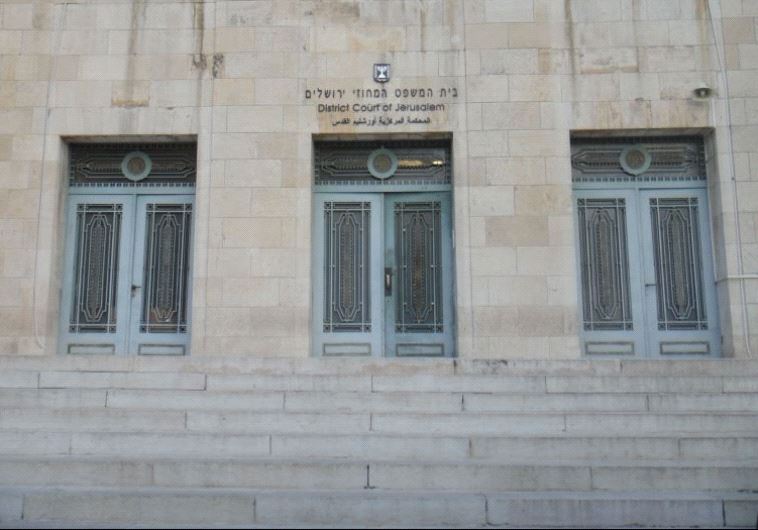Jerusalem Municipality must provide equal pay to women, rules Labor Court
According to the court, the women worked in the same office along with two other women and two men who all completed the same tasks.
 The District Court of Jerusalem. (photo credit: JERUSALEM MUNICIPALITY)
The District Court of Jerusalem. (photo credit: JERUSALEM MUNICIPALITY)